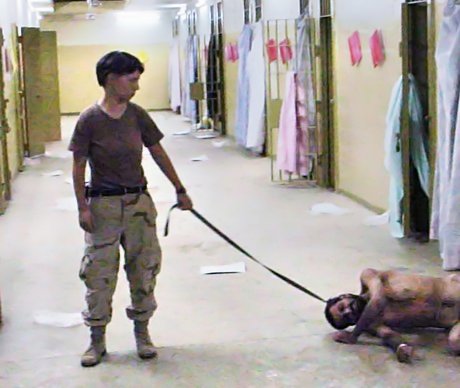I began this day before Memorial Day attending church where my stepson goes, a little white Baptist church in rural Florida. Filled with kind and devout people, all singing "American the Beautiful" and nodding to a sermon on God's grace. We spent the rest of the warm day enjoying holiday sales and napping. Our day ended watching "The Boy in the Striped Pajamas," an experience of the Holocaust seen through the eyes and slowly comprehending mind of an 8-year-old German boy, the son of a Nazi official running the nearby concentration camp. As the movie closes on the suddently quiet doors of a gas chamber, locked shut upon little Bruno and his Jewish friend, holding hands, naked and dying, I remembered visiting Dachau, watching the Germans turn their heads as they walked by, bier= drinking friends silent and grumpy at the subject. I recall Psalms 98:3 which began my sunny, spring morning and indeed I rejoice for there is hope. "He has remembered his steadfast love and faithfulness to the house of Israel. All the ends of the earth have seen the victory of our God." I read back to Psalms 7:10, "The Lord loves those who hate evil..." I thank those who have died fighting evil and continue to give their lives in this battle. For it is Men who must win this war. The Universe won't expel evil for the labor is ours. We must fight for our God to triumph. In writing about the worldwide conflicts where thousands of innocent civilians were killed, Sebastian Junger wrote,"Only military action by Western forces — or the threat of military action — brought those conflicts to a stop.Were those military actions immoral? Were they more immoral than standing by and watching?" (the link won't work, sorry)
http://www.sebastianjunger.com/profiles/blogs/should-we-be-in-afghanistan
The coming civil war
10 hours ago


.jpg)









